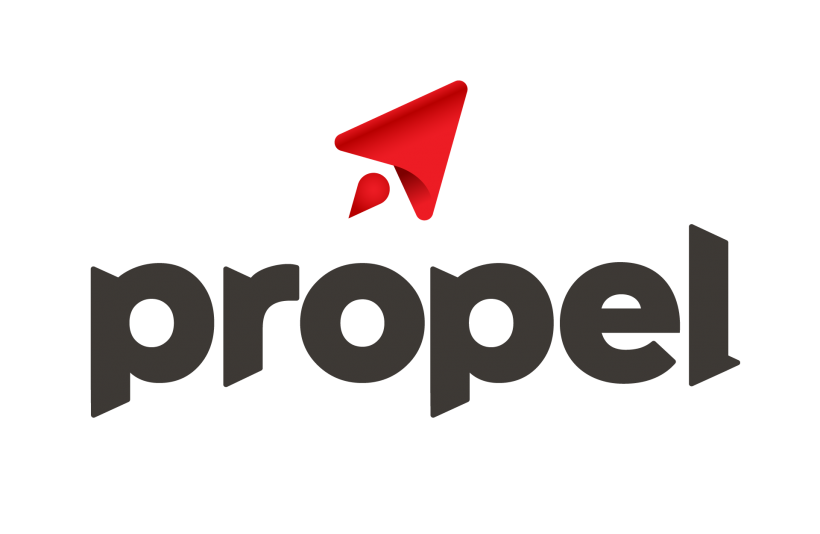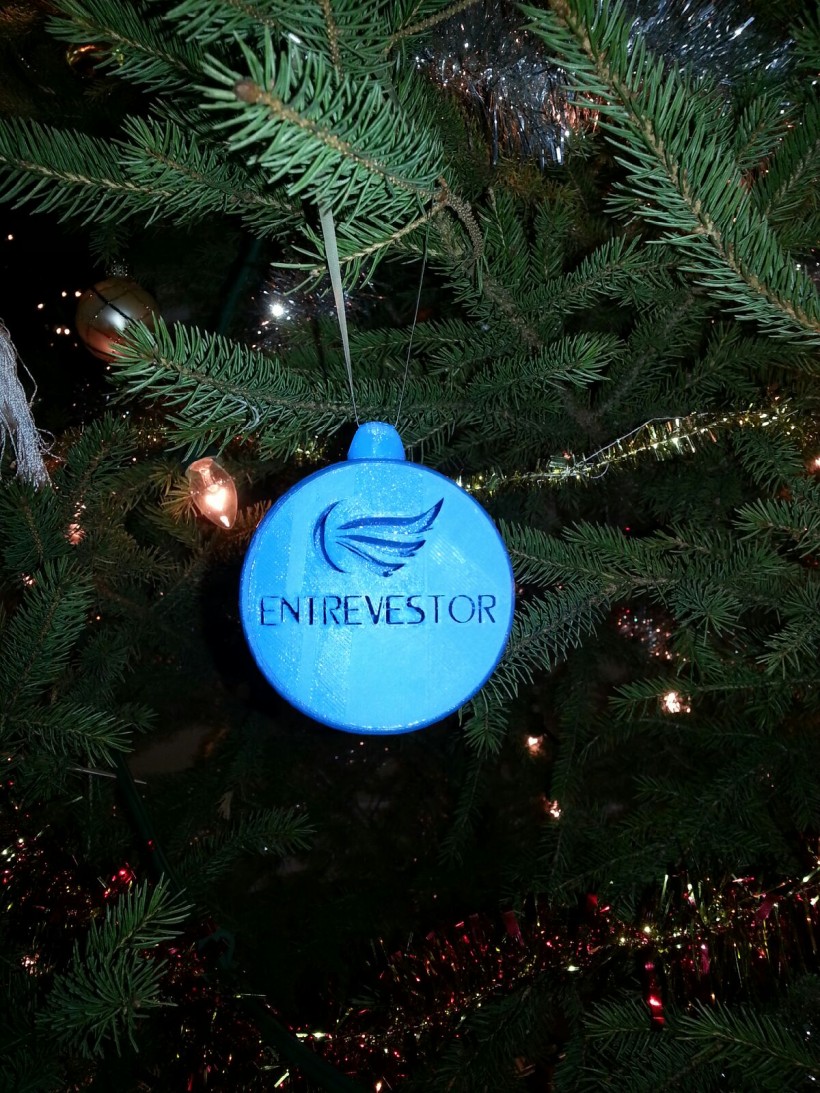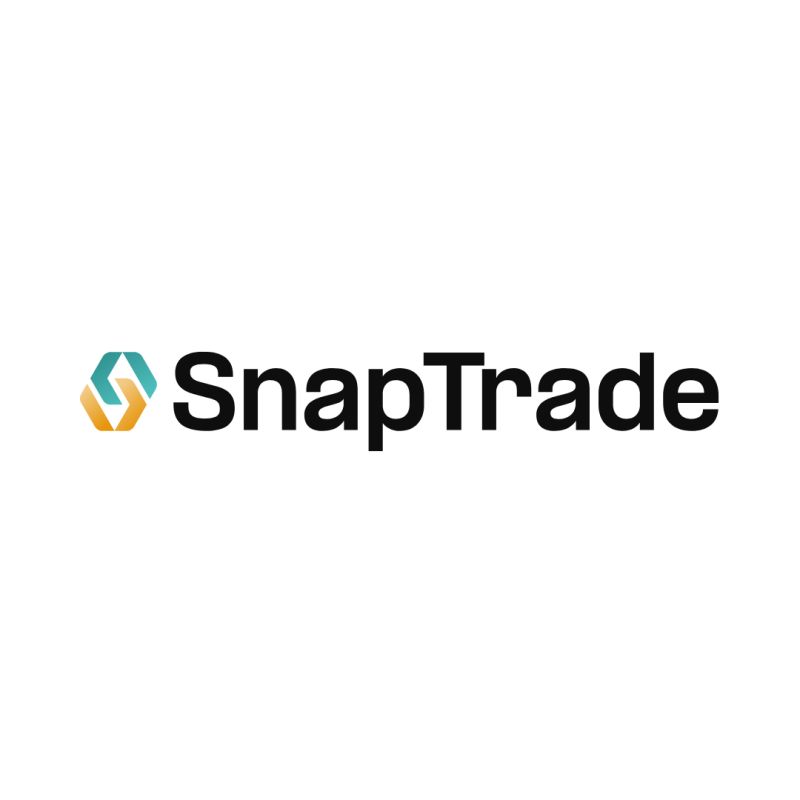Canada’s Ocean Supercluster has announced a basket of five projects worth a combined $29 million, of which the Supercluster will pay $12.52 million, with the participating companies spread across Nova Scotia, Ontario and British Columbia.
CEO Kendra MacDonald said in an interview last month that the Supercluster had signed deals for projects worth the bulk of the $153 million that the federal government tasked it with distributing. The current five-year mandate for the supercluster is set to expire in just over a year.
At the time, MacDonald said the Supercluster was in “active talks” to extend its mandate and increase funding to create a rebooted version of the organization that she dubbed Supercluster 2.0.
“If you look at the UN Decade of Ocean Science for Sustainable Development, if you look at The High Level Panel for a Sustainable Ocean Economy (an international working group), those themes resonate,” she said.
Here’s a look at the five new projects:
Coastal Incident Management System
Participants: Shift Environmental, T’Sou-ke Nation, Saab Technologies, BlueNode, the Canadian Coast Guard, Western Canada Marine Response Corporation and the National Indigenous Fisheries Institute
Supercluster pays: $4.4 million
Industry pays: $6.1 million
Led by Nanaimo, BC’s Shift Environmental Technologies, the six public- and private-sector organizations will develop a “rapid response package” for oil spills and other environmental emergencies that will include a mobile command, control and communications system, as well as data analytics tools. This is the largest Ocean Supercluster project so far to be led on the West Coast.
AROWIND
Participants: Voyis Imaging, Deep Trekker, HydroSurv Unmanned Survey, EIVA, Sonardyne and Saipem
Supercluster pays: $3 million
Industry pays: $3.7 million
AROWIND stands for Autonomous Remote Offshore Wind Inspection, Navigation and Deployment. Led by Waterloo’s Voyis, the team will develop an “uncrewed surface vessel” for inspecting offshore windfarms.
Project Sentry
Participants: Deep Trekker and Visual Defence
Supercluster pays: $3 million
Industry pays: $6.2 million
Kitchener’s Deep Trekker and Richmond Hill’s Visual Defence will collaborate to develop a system for monitoring aquaculture cages using autonomous vehicles.
Precision Fish Harvesting
Participants: Katchi, Scotia Harvest, ABCO Industries, Rimot, Clearwater, DSA Ocean, Rising Tide Bioacoustics, SafetyNet and MITACS
Supercluster pays: $1.6 million
Industry pays: $1.7 million
Yarmouth startup Katchi, which is developing a “dynamically controlled” fishing net, will lead an international team developing what it dubs a SmartNet, which will deter undesired fish species and use autonomous vehicles to help control the movements of trawlers’ fishing nets.
Ocean Solutions for Immune Boosting
Participant: AKSO Marine Biotech
Supercluster pays: $520,000
Industry pays: $1.78 million
Halifax’s AKSO is developing a proprietary Atlantic sea cucumber extract to be packaged in capsules with the claim that it can help prevent infectious diseases, including the common cold.










